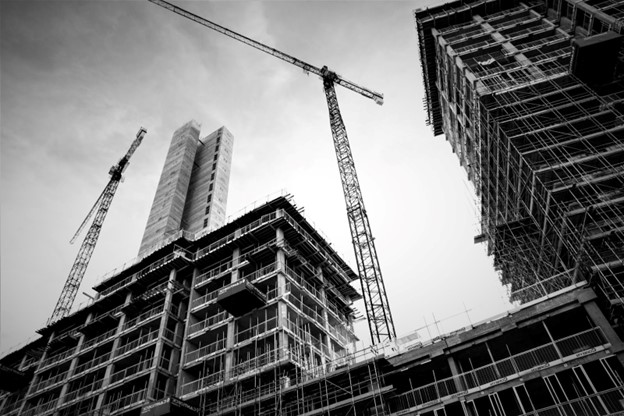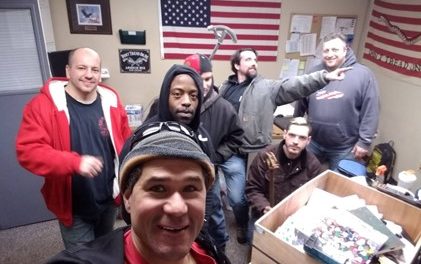I’ve watched the recent economic slowdown with concern, despite the fact that decreases in the market are common. As real estate prices start falling from their record highs and a recession seems imminent, many people are likely to turn away from real estate investment. This mistake is all too common and is one that smart investors should avoid. Understanding savvy and timely real estate investments can help you ride out this recession.
How I Invest in Real Estate When the Market Slows
There is an urge for most people to stay where they’re at in a recession and to avoid major changes. That’s an understandable desire but one that isn’t always possible. It’s something that I understand all too well as a real estate expert. Over the years, I’ve helped many clients trying to move during a recession, as well as to make or save good money in the process.
First of all, real estate investments during a recession will likely have to focus on buying rather than selling. That’s because most recessions typically include lower prices and the chance for foreclosure purchases. While swooping in and buying a foreclosed home can feel immoral, somebody else will do it if you don’t. As a result, it is important to put your ethics to the side when investing during a recession.
It is also important to understand that recessions don’t last forever. Even the Great Depression eventually lifted, and America saw a massive surge in productivity that lasted for over a decade. With the coming recession likely to last several years, I urge patience and a willingness to invest in properties now to ensure that they’re ready to sell when the economy rebounds.
For example, buying properties during a recession not only saves you money on purchases but gives you time to improve and present them when the economy surges again. This can include converting a vacant lot into a new home or business or renovating an existing building. These steps automatically improve the value of land, even in a recession, and could make your investment worth it.
If you want to sell during a recession, focusing your deals on a specific audience is essential. I believe it is critical to stage for particular needs and to use your real estate wisely. For instance, buying a single home, renovating it, and converting it into several small rental properties can help you earn a passive income that far outweighs the mortgage and enables you to turn a profit.
Even better, you can convert low-value properties into high-end ones and focus on those not affected by the recession. Remember: the lowest-income individuals typically suffer the most during an economic slowdown. If you focus your real estate on those who still have money, you can likely make good money and turn your investments into consistent profits, even as the recession rages on.












